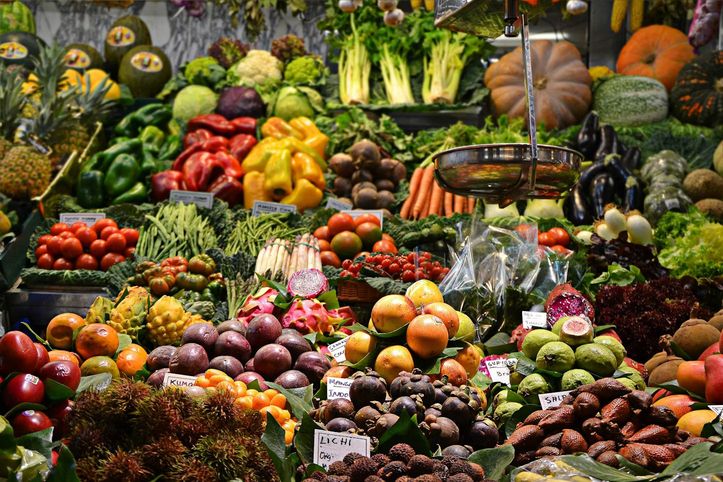Food Import to Australia

Importing food into Australia involves several steps to ensure that the food is safe and meets the country’s standards. Here are some key points to consider:
- Biosecurity Import Conditions: Before importing food, you need to check if the food can be imported into Australia and if it needs to meet any biosecurity import conditions. This can be done through the Biosecurity Import Conditions (BICON) system.
- Food Safety and Compliance: The food must be safe and comply with the Country of Origin food Labelling Information Standard and the Australia New Zealand Food Standards Code. This includes ensuring that the food has been produced under a food safety system that effectively identifies and controls foodborne hazards.
- Documentation and Declarations: You must lodge details of your food imported for sale in a Full Import Declaration. This may include mandatory foreign government certificates, food safety management certificates, and importer declarations.
- Inspection and Testing: Imported food is inspected and tested under the Imported Food Inspection Scheme (IFIS) to check that it meets Australia’s standards. This includes checking for compliance with the Australia New Zealand Food Standards Code and country of origin food labelling requirements.
- Common Food Items: Certain food items, such as eggs, dairy products, meat, seeds, nuts, and fresh fruits and vegetables, have specific import restrictions and may require additional permits or treatments.
For more detailed information, you can visit the Department of Agriculture, Fisheries and Forestry’s website.
Imported Food Inspection Scheme
Imported food intended for sale is inspected and tested under our Imported Food Inspection Scheme (IFIS).
Most food imported for sale from New Zealand isn’t referred for inspection or testing. New Zealand and Australia have joint food standards allowing food to be imported between the countries without border inspection.
Food categories
We operate the IFIS based on food being classified as:
- Risk food
- Surveillance food
- Compliance agreement food
For More details about Food Inspection Scheme you can visit this link.
The intricacies of importing food into Australia can be quite daunting, given all the regulations and compliance requirements. Working with a professional customs broker can definitely help navigate the process more smoothly. They are well-versed in the laws and can ensure that all necessary documentation and procedures are properly handled, reducing the risk of delays or non-compliance issues. You can contact us for a Quick quote for your Food Import into Australia – Requirements.
